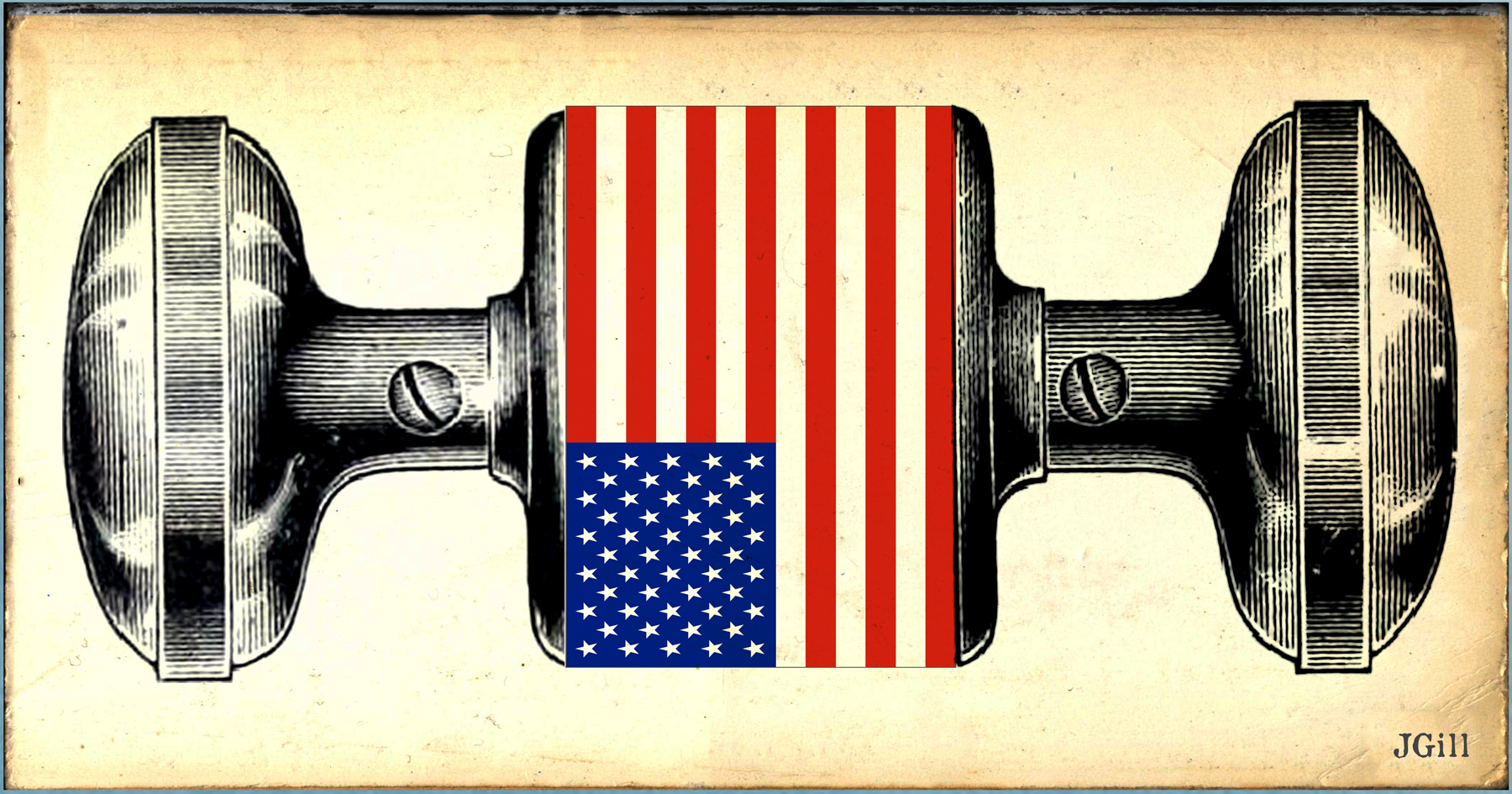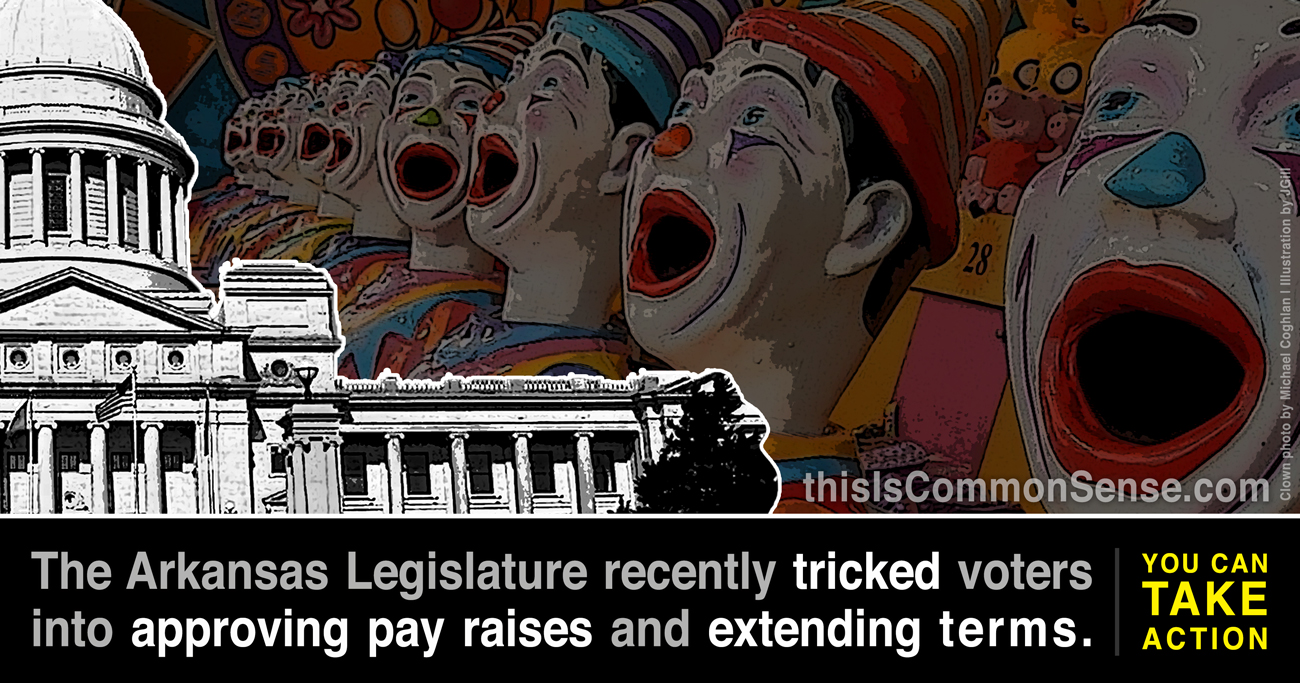“We’re the only state in the nation,” wails Wade Buchanan of the liberal Bell Policy Center, “where you can only raise revenues, taxes, by a vote of the people.”
Buchanan is talking about his state of Colorado and defending his side in the Kerr v. Hickenlooper case, which features 34 card-carrying members of Colorado’s political elite — sitting legislators, former legislators, former U.S. congressmen, local politicians and other assorted bigwigs — suing the voters of Colorado for having the gall to pass the state’s Taxpayer Bill of Rights (TABOR) initiative back in 1992.
Lovers of big government call TABOR a disaster; most Colorado voters like TABOR and will vote to keep it.
The crux of the case? The ridiculous notion that legislators have some cockamamie constitutional right to levy taxes and spend money without the people empowered with any veto. “When the power to tax is denied,” the suit alleges, “the legislature cannot function effectively to fulfill its obligations in a representative democracy and a Republican Form of Government.”
Immediately, however, the legal issue is whether the politically powerful Kerr plaintiffs even have standing to bring the lawsuit.
Last week, the U.S. Supreme Court vacated a 10th Circuit Court of Appeals decision that had granted standing, returning the case to the appeals court “for further consideration in light of Arizona State Legislature v. Arizona Independent Redistricting Commission.”
That’s good news.
“Most tellingly,” constitutional scholar Rob Natelson points out in a Denver Post column, in that Arizona case “the court praised direct democracy and held that it was ‘in full harmony with the Constitution’s conception of the people as the font of governmental power.’”
Font? We’re the boss.
This is Common Sense. I’m Paul Jacob.






